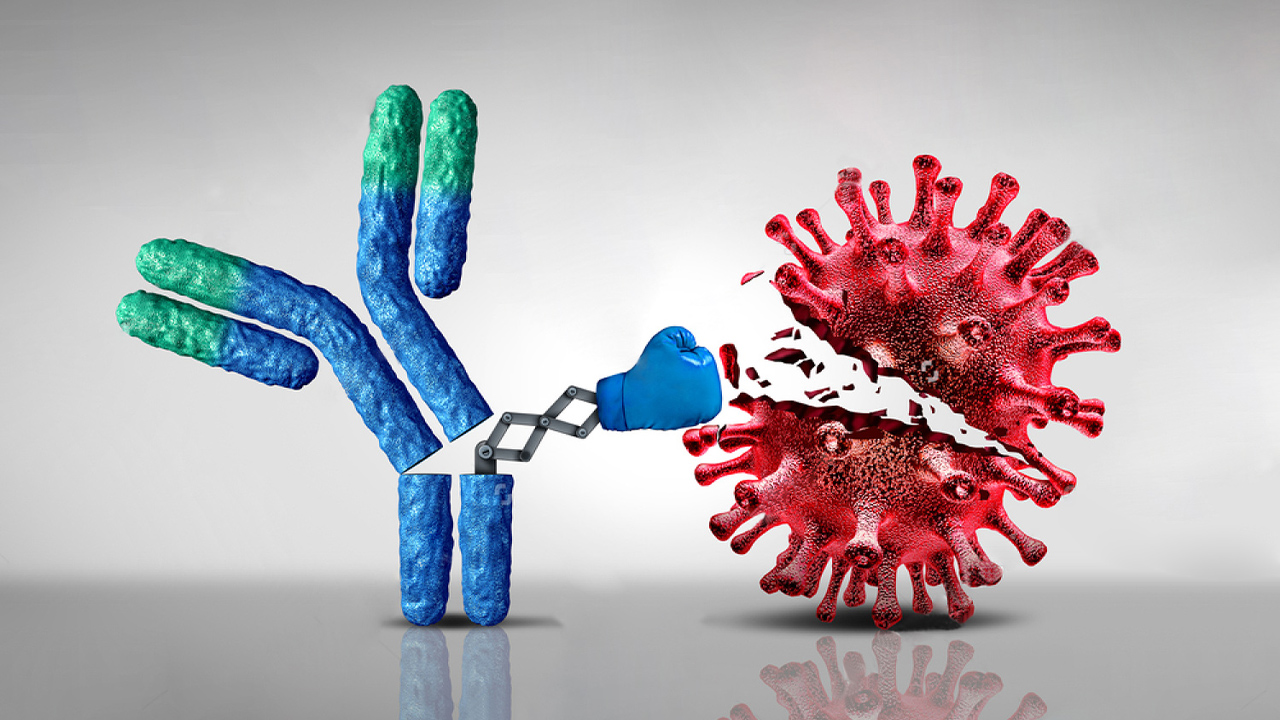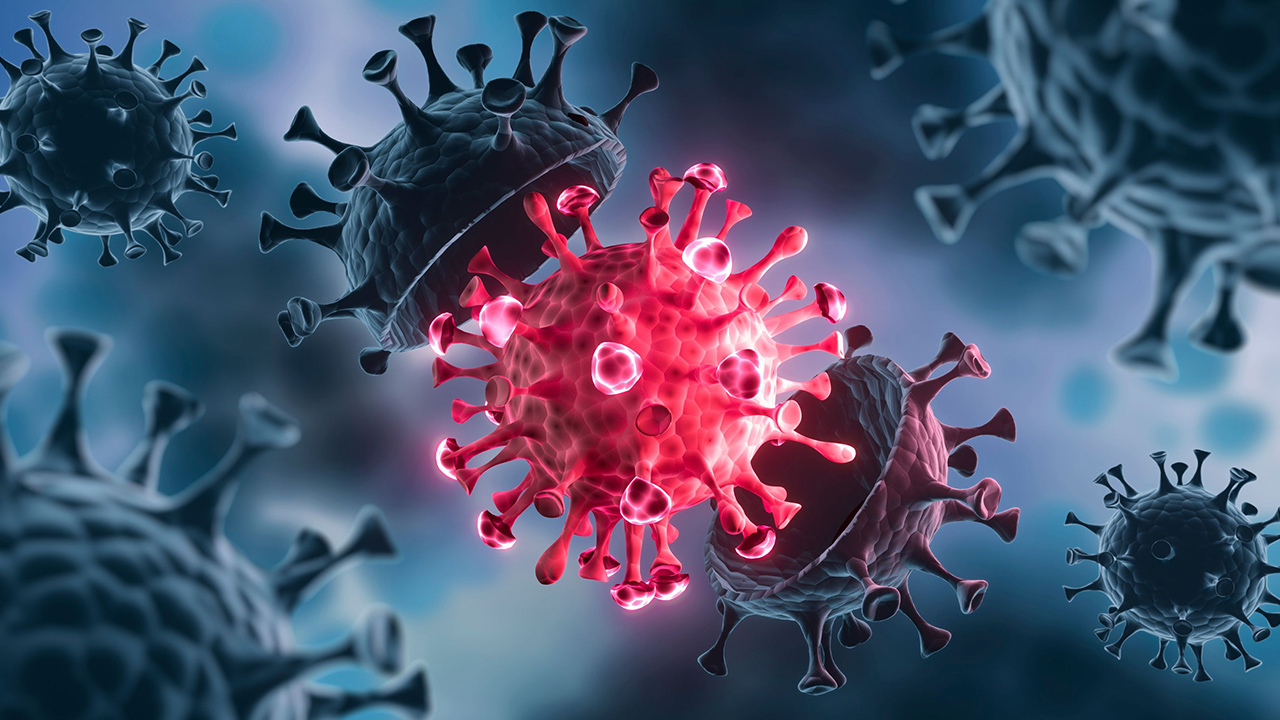Most vaccines we received as children protect us for life without the need for extra supplements. However, we have to have more vaccines, especially the flu vaccine, and some vaccines such as Covid-19, which we have been at least twice. So why?
According to the data shared by the World Health Organization; Thanks to vaccines like measles, chickenpox and mumps as children, this is no longer the case. diseases are almost never seen. It is estimated that 2-3 million lives are saved each year thanks to these vaccines.
Along with technology, treatment methods such as vaccines Many things are improving in the healthcare field. However, some vaccines have to be reapplied every year or at certain intervals. We have compiled the reasons for this for you.
In order to understand this, we must first learn how our body’s immune system works.
Our immune system is made up of different types of cells that work together to protect our bodies from harmful bacteria and viruses. consists of protective systems. These systems are divided into innate and acquired immunity.
Innate immunity is the immunity we have at birth. It consists of outer defense areas such as skin and inner defense zones such as cells. Our innate immune system in an emergency first responder team We can think of it as
The acquired immunity is the one we do not have congenitally and It is immunity that we must develop throughout our lives. This system is divided into active and passive. Since the system that concerns vaccines is active immunity, we will not talk about passive immunity.
Active immunity, after exposure to a disease It is our body’s immune response. These responses occur naturally as our bodies develop specific antibodies to fight viruses, or they can be created artificially through vaccines.
How does our natural active immunity protect us?

The interesting thing about our immunity is that it never forgets after the first attack. When first encountering a new virus, the body must recognize the intruder and antigen-specific antibodies It takes time to produce. This process can cause serious illness.
But once the immune system has gained experience with a particular pathogen, it keeps the body ready for the next invasion. memory guard cells creates. These memory cells initiate an immune response much faster and stronger if they encounter the same virus again. Thus, the chance of long-term protection from the disease increases.
So how do vaccines protect us against diseases?
Vaccines work by rebuilding memory as we mentioned above. Many vaccines accomplish this in different ways. But most basically, most vaccines do this. It forms by inactivating or weakening the virus. When faced with a real virus, it produces antigen to reveal antibodies, just like preparing weapons before going into battle to provide protection.
The mRNA vaccines used for the Covid-19 we are recently It does not contain any viruses. But it works with the same basic purpose of generating an antibody response in the body in preparation for a real infection.
Let’s come to our main topic. Why do we need to get some vaccines every year and only once for others?

How long a vaccine will last depends on several factors. First, antibodies defense systems don’t work forever and degradation rates. In diseases such as measles, this rate is relatively slow. This means that antibodies and vaccine-induced immunity remain durable for many years.
In some vaccines, such as tetanus, flu, Antibodies break down faster. Booster vaccines should be given every year or at regular intervals to repair weakened antibodies and have a greater immune response.
Another factor affecting the protection of the vaccine is the constant mutation of viruses.

If a virus is “stable” it multiplies the slower it is to mutate. This gives us a great advantage. Measles is a stable virus that is unlikely to replicate. That’s why we don’t need to be vaccinated every year. Such viruses are almost destroyed by vaccination.
Influenza, Covid-19, and tetanus are viruses that can multiply rapidly and mutate a lot. for example more than one new strain of flu emerges each year, That’s why we need to get the flu vaccine every year.
We recommend getting vaccinated so you don’t get curable diseases or get sick again.
RELATED NEWS
It turns out that the flu vaccine reduces the risk of Alzheimer’s by 40%: Is it enough to be vaccinated once?
RELATED NEWS
While Smallpox and Tuberculosis Vaccine Leaves Scars on Our Arms, Why Does the Covid Vaccine Leave No Scars?
RELATED NEWS
Why is the vaccine usually given from the shoulder rather than the hip or elsewhere?
RELATED NEWS
